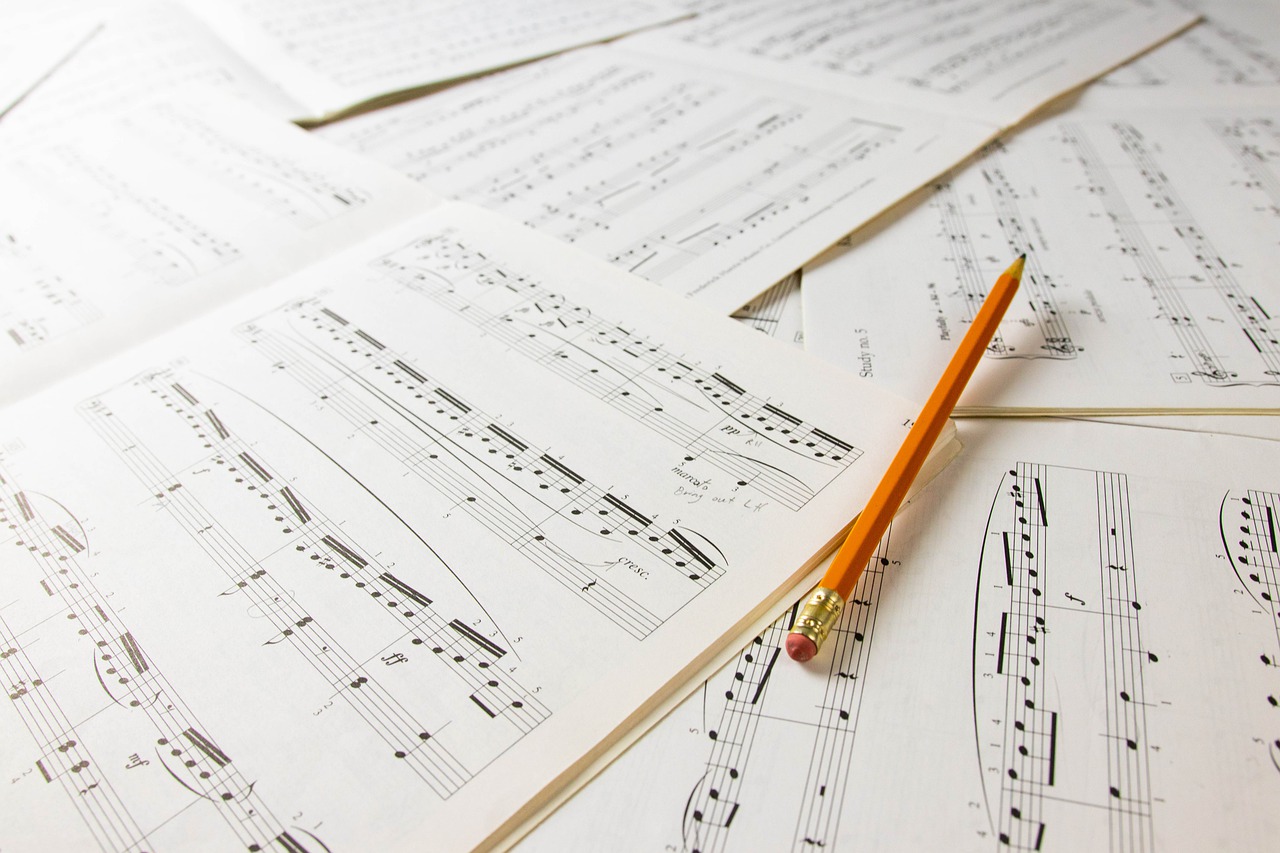The fact that top grandmasters have so often also enjoyed musical training cannot be explained by coincidence. It is evident that many of the old and new masters have enjoyed an extensive education in many intellectually demanding disciplines such as music, mathematics, art, or literature. Intensive study of music has been scientifically proven to have a major impact on brain structure and activity, e.g. B. the formation of gray matter. The cognitive and emotional development of the two language centers through music completes the abilities of a powerful brain that can be the key to world chess leadership. Most grandmasters had the right teacher for chess lessons, and often their teachers were musically inclined too.
The close connection between chess and music
“The game of chess, like music and love, has the ability to make people happy,” Siegbert Tarrasch, the old German chess champion said. There is a close connection between chess and music and some outstanding chess players were and are also great music lovers.
Many top grandmasters such as Aronian, Smyslov, Taimanov, Philidor, or Sutovsky have also received musical training. Chess player Wladimir Kramnik compatriot and trainer, ex-world champion Mikhail Botvinnik, once said that the art of chess is in no way inferior to music. An assessment shared by society: Both chess and musical education were held in high esteem in certain bourgeois-intellectual circles, which is why parents gave them to their children. Accordingly, many strong chess players came from families in which music was cultivated as a hobby or even as a profession.
Read also: The Music Industry: Making The Leap To Digitization
Brains of professional musicians
What can this connection look like? Researchers from the University of Jena, together with Gottfried Schlaug from Harvard Medical School in Boston, have discovered that the brains of professional musicians are strikingly different from those of non-musicians. Areas responsible for hearing, spatial vision, and the implementation of the movement were significantly enlarged in musicians. Presumably because they not only have to think ahead in their game and make the right movements to the music but at the same time have to check whether they played correctly. Recent studies have shown that even Broca’s area – one of the two language centers – is involved in the processing of music. And that, in turn, affects cognitive and emotional development.
“It’s strange, but from a neuroscientific point of view, everything suggests that the most useless achievement that humans are capable of – and that is undoubtedly carefree, unintentional singing – has the greatest beneficial effect on the development of children’s brains,” explains Professor Gerald Hüther, Head of the Central Office for Neurobiological Prevention Research at the University of Göttingen and Mannheim/Heidelberg, on BR.de.
Heinz von Loesch summarizes
Heinz von Loesch, Professor of Musicology at the TU Berlin, summarizes the connection between virtuosity in music and other areas as follows: “The association with the technical, more precisely with the mastery of the technical, is not only important for the concept of virtuosity in the Music is fundamental, it is fundamental to the concept of virtuosity in general. It is what is meant when we speak of virtuosity in painting and verse, of that of acrobats and jugglers, of virtuosity in chess and in political diplomacy.”

